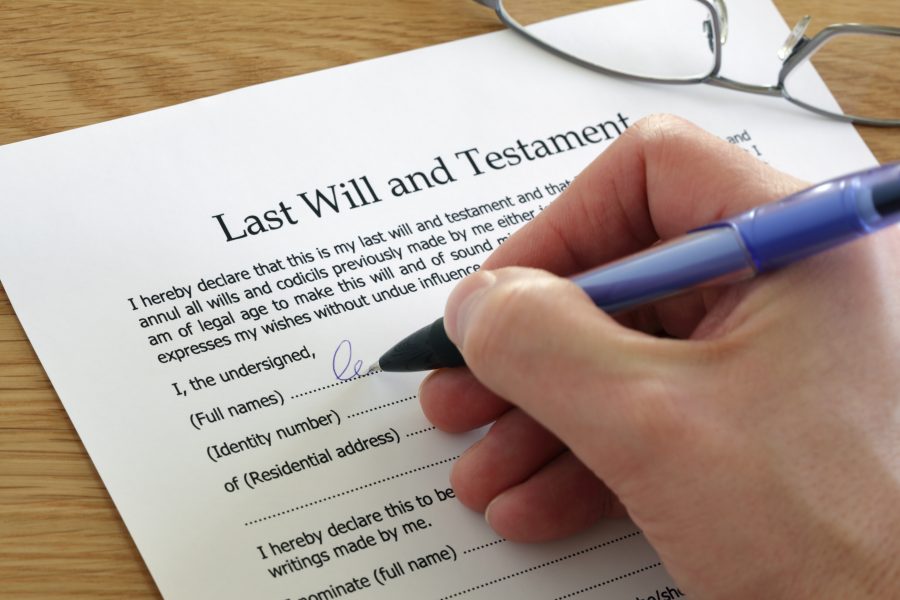Getting it right and the importance of evidence.
Your Will is the legal document which effectively transfers all your wealth to the recipients of your choice on death. You are unlikely to sign any other document transferring quite as much value, so it is important to get it right and limit the possibility of challenge; otherwise the recipients of your worldly wealth may end up being people you didn’t choose.
A Will can be invalid for any one or more of the following reasons:
Failure to comply with formalities
As a ‘testator’ (a person making a Will), you need to follow specific rules to ensure your Will is valid. The Wills Act 1837 sets out the requirements, including that a Will must be in writing and signed in the presence of two or more witnesses who attest and also sign, or acknowledge in the testator’s presence.
The testator did not have the necessary mental capacity
The legal test has not changed since the 17th century case of Banks v Goodfellow. Dementia might impact capacity, but then again it may not – the disease could be in its infancy, or the testator may be lucid at the relevant time. Other factors may impact capacity such as bereavement, alcoholism or the effect of drugs (prescribed or otherwise).
Cases are fact specific, and evidence is crucial, although this need not be medical evidence. In Burgess v Hawes, the court preferred the evidence of the solicitor over the medical expert saying: “The court should not readily upset…a Will that has been drafted by an experienced independent lawyer if, as here, an experienced lawyer has formed the opinion [about capacity] from a meeting or meetings.” Therefore the opinion of a legal advisor can be important.
Lack of ‘knowledge and approval’
Does the Will truly represent the testator’s intentions? Where the testator has capacity, there is a presumption it does, but that can be displaced by evidence about the surrounding circumstances, such as the testator’s poor eyesight, the involvement of a beneficiary in the process or the testator not taking advice. Each case is fact specific, but once the presumption is displaced, the burden of proof passes to those claiming the Will is valid. Evidence such as a solicitor’s file note addressing relevant facts can be crucial.
Undue Influence
It is a common misconception that a testator who has been influenced by someone has been unduly influenced. To be ‘undue’ there must usually be an element of coercion. The testator may be ‘led but not driven’.
Fraud/forgery
Such cases are rare, and the evidence must be strong (or the claim undefended). An infamous example can be found in R v Spillman, where the mother of the ‘beneficiary’ dressed up as the testator.
If you are worried your Will might be challenged, good professional advice and supportive documentary evidence can help you get things right.
Deborah Cain is a Partner at Brachers law firm and specialises in disputed Wills.
For more like this, sign up for the FREE South East Farmer e-newsletter here and receive all the latest farming news, reviews and insight straight to your inbox.







